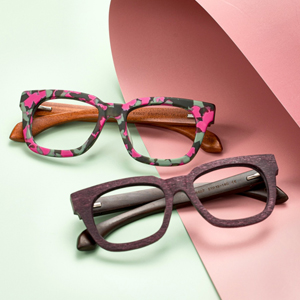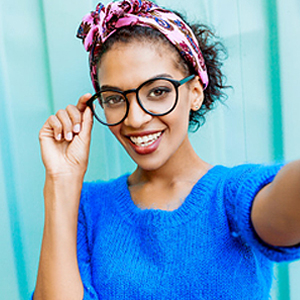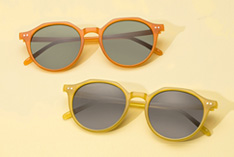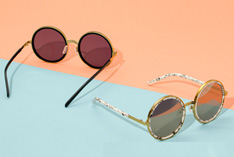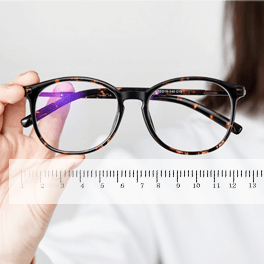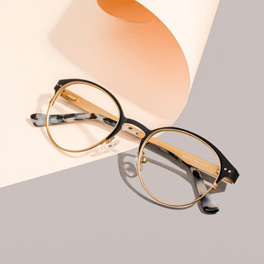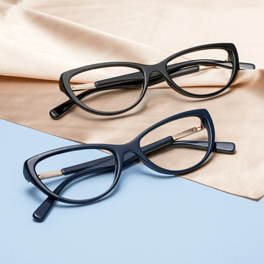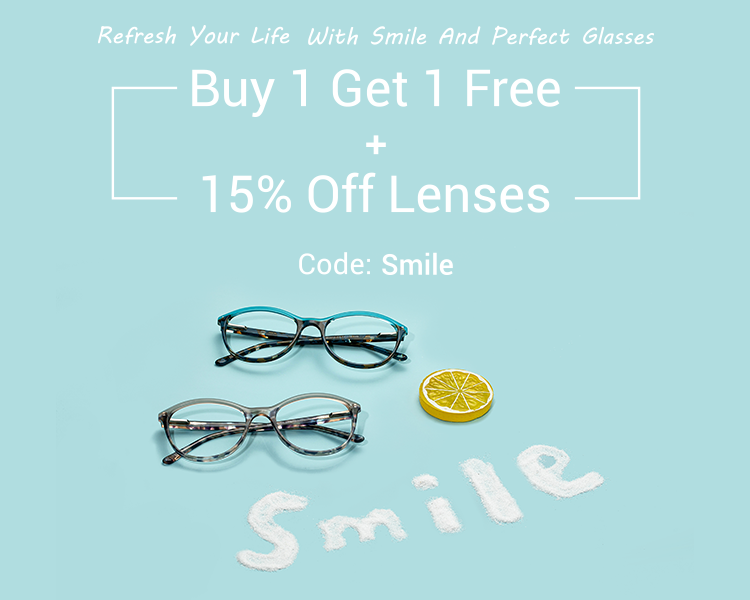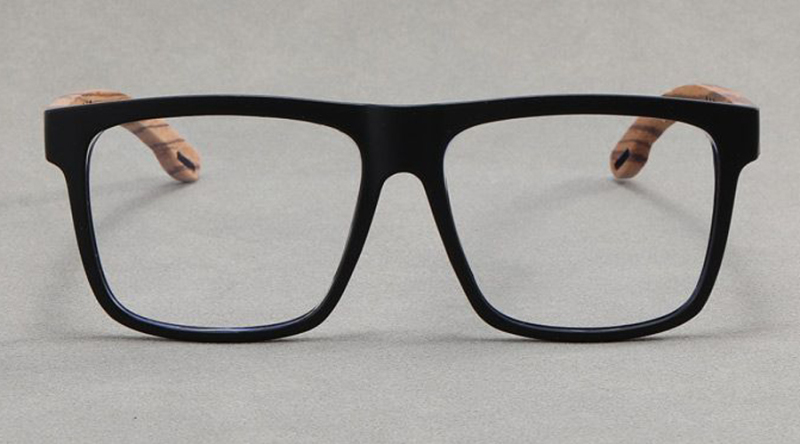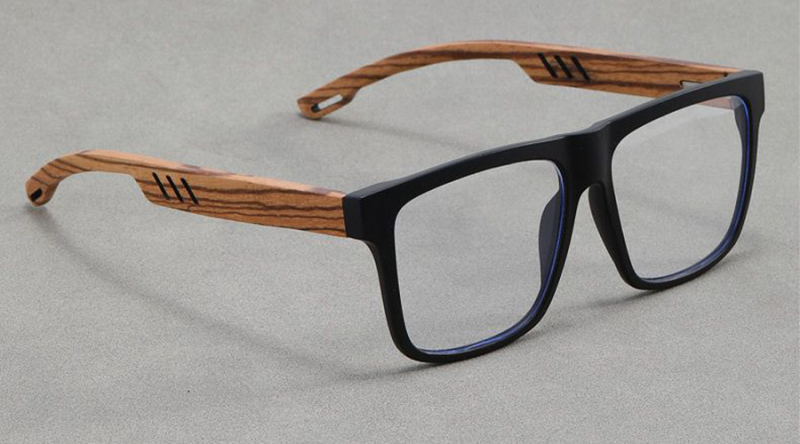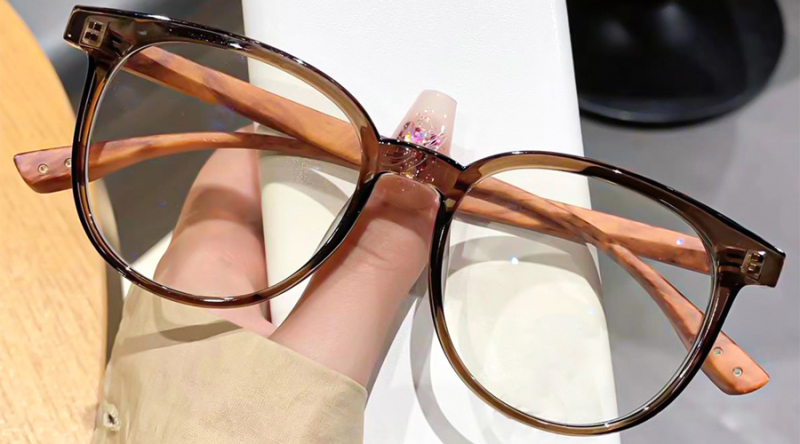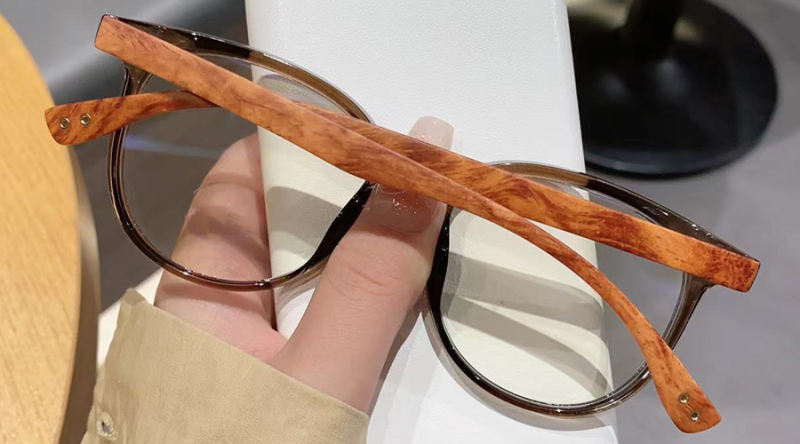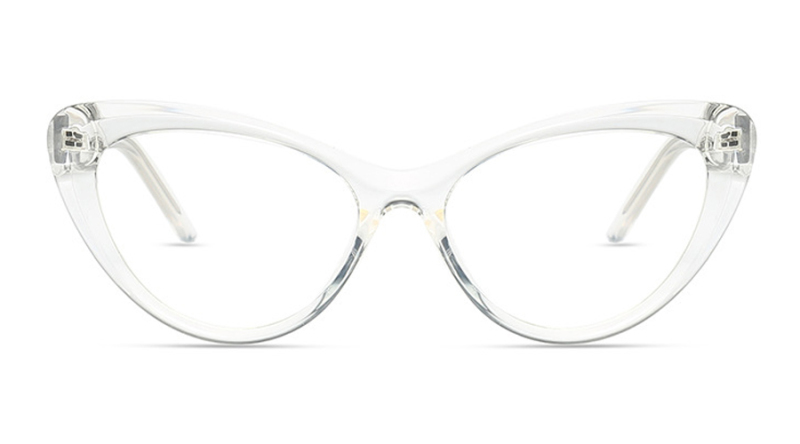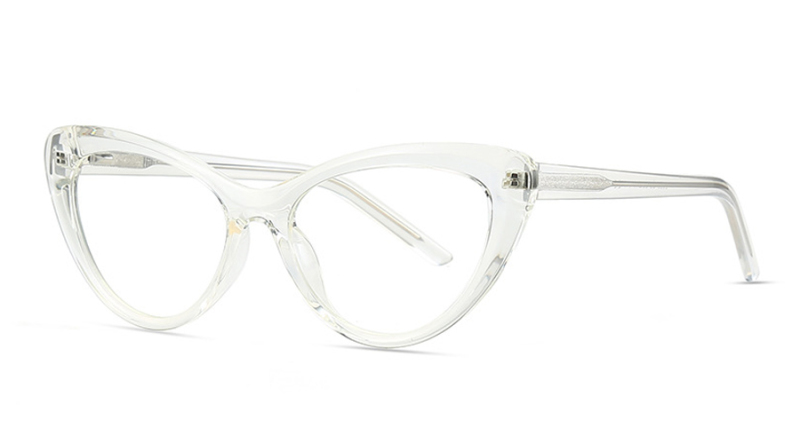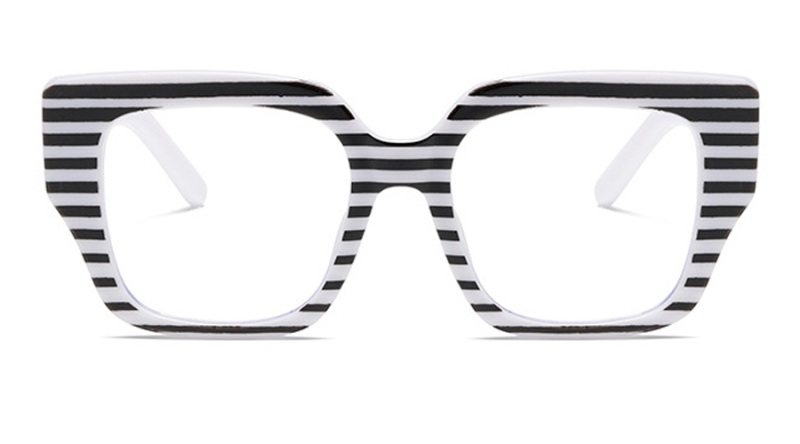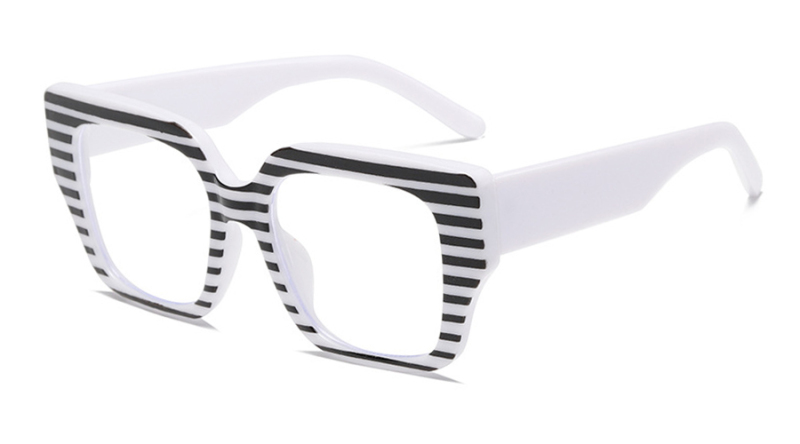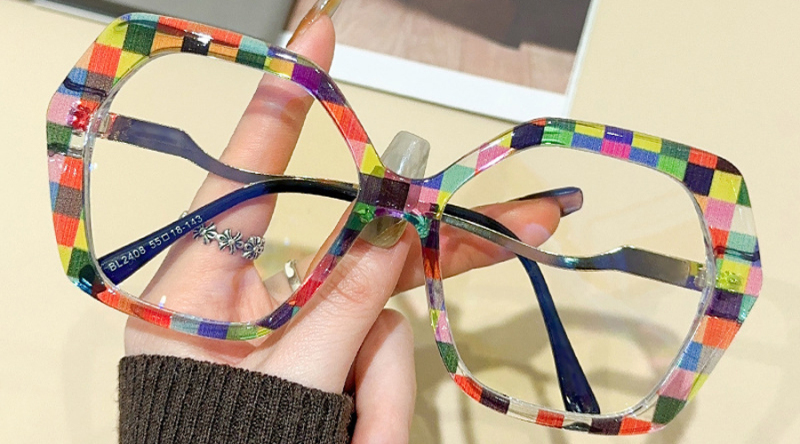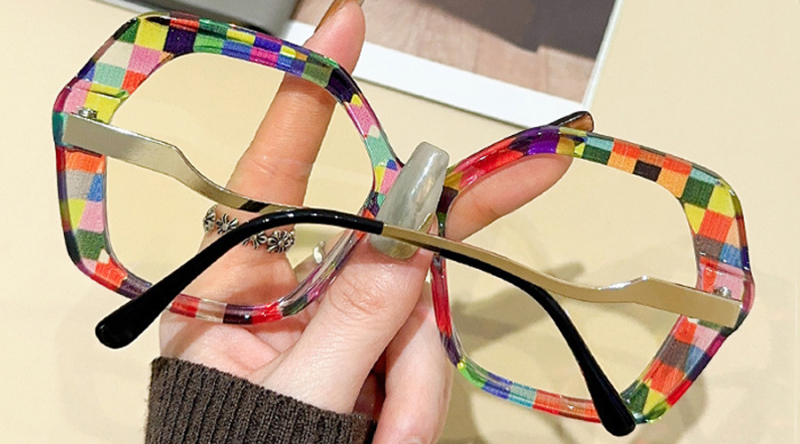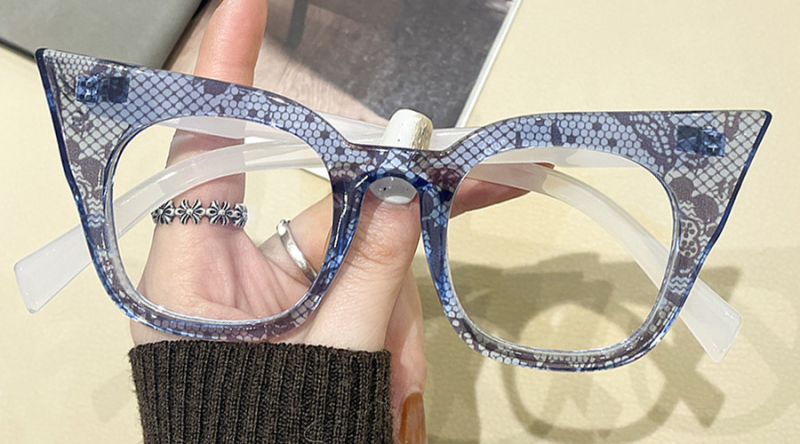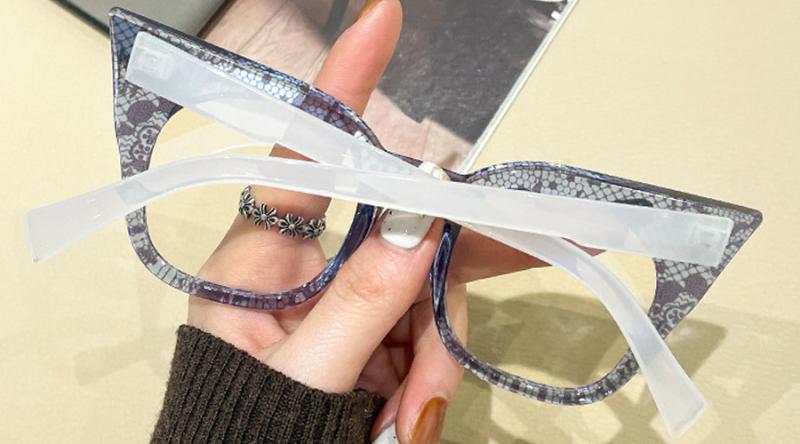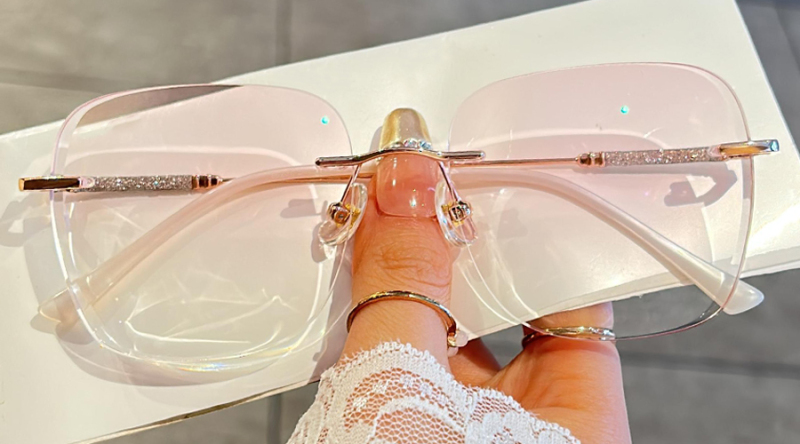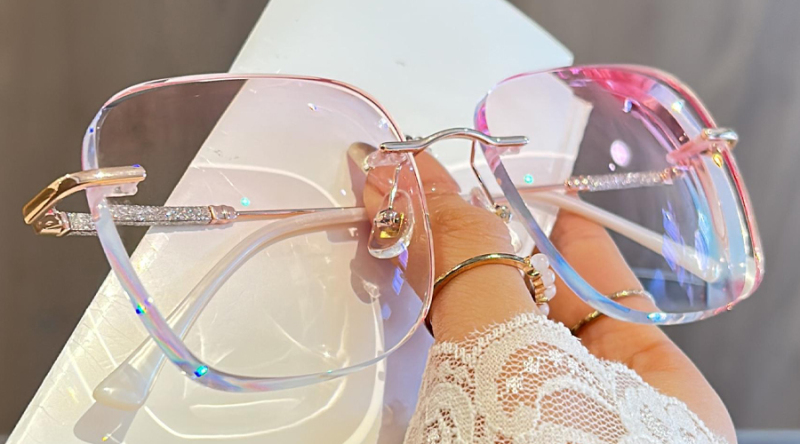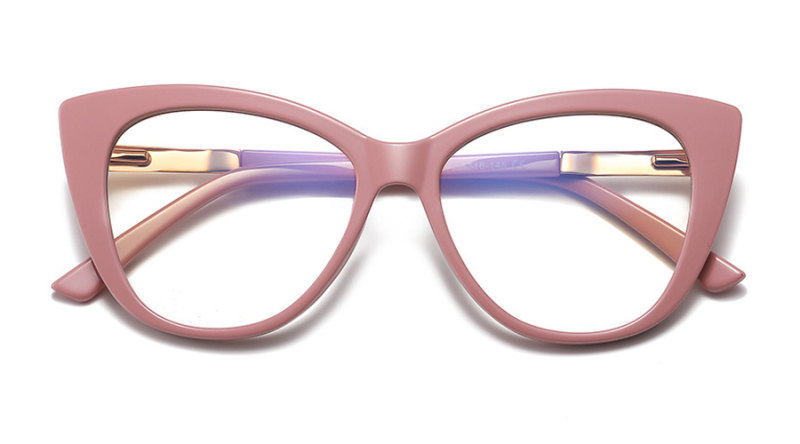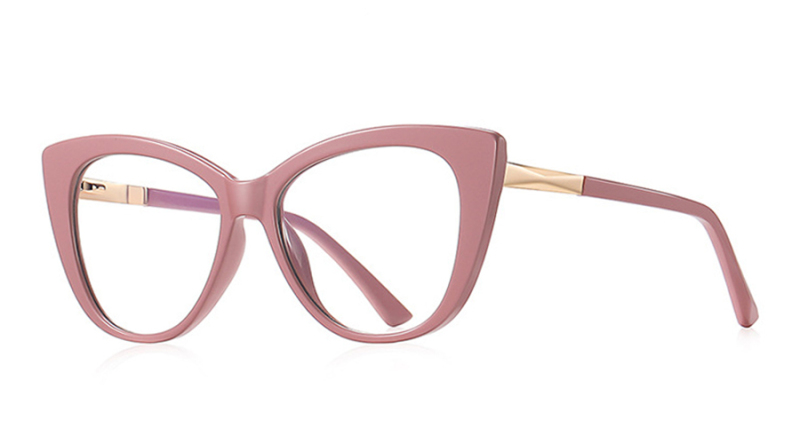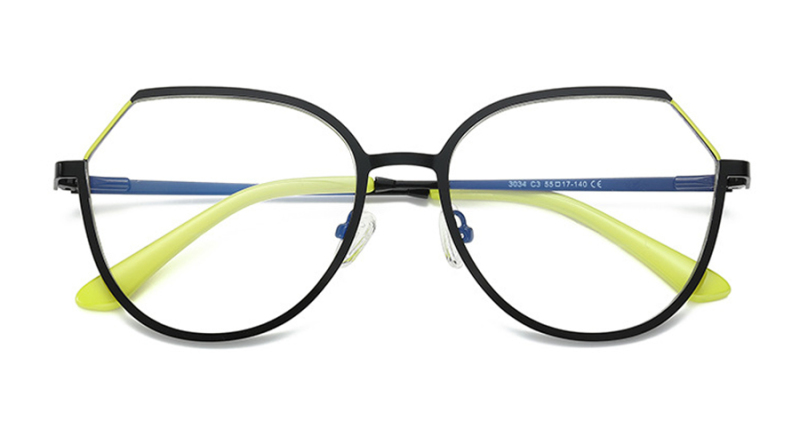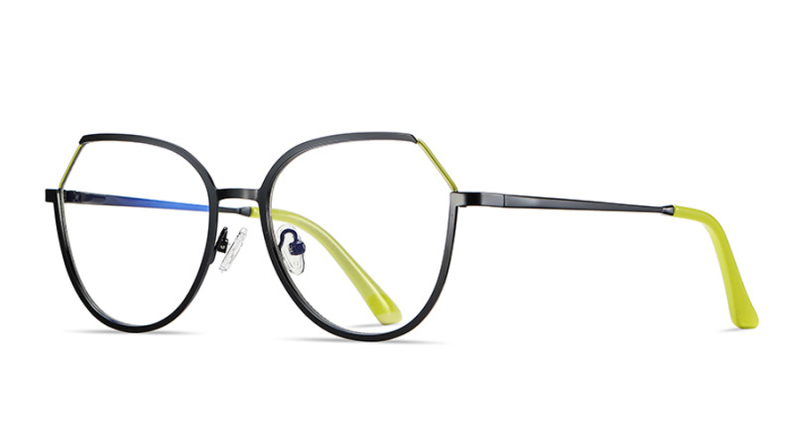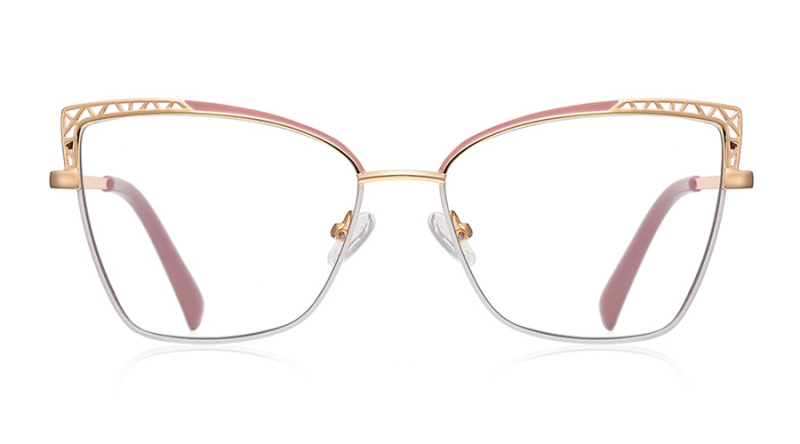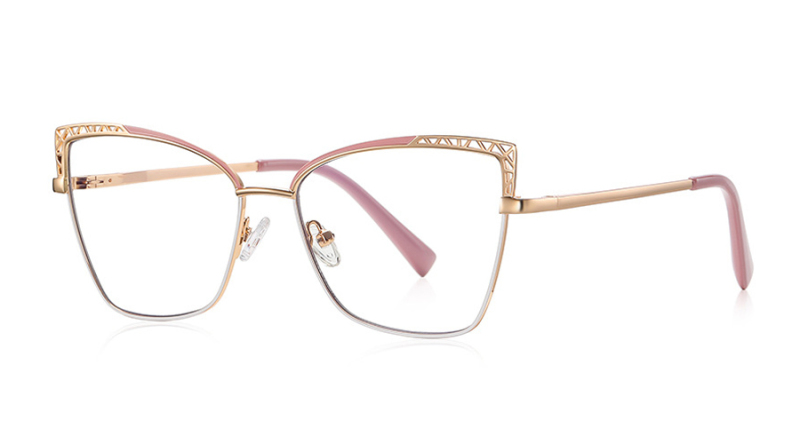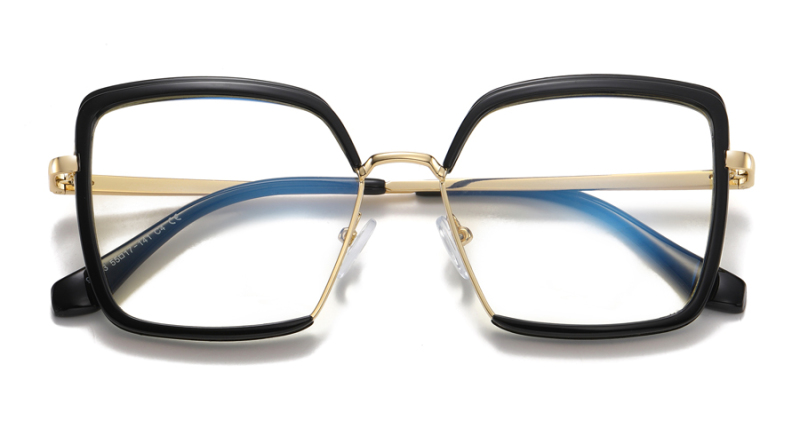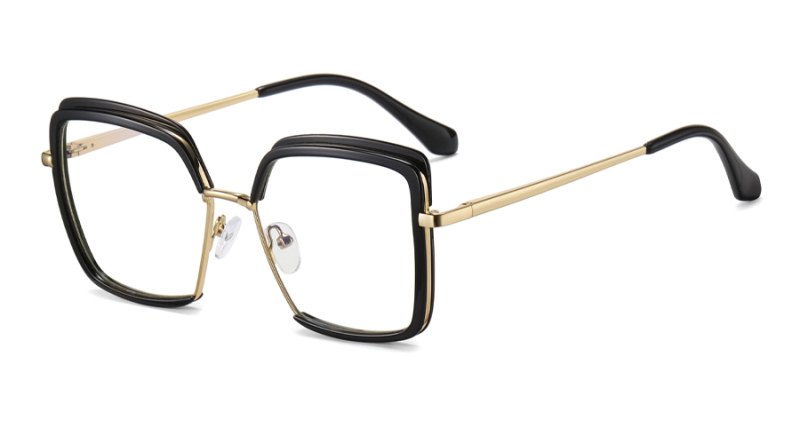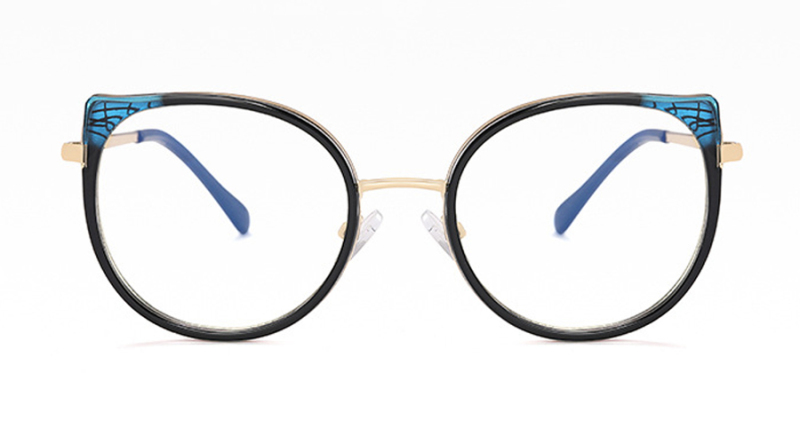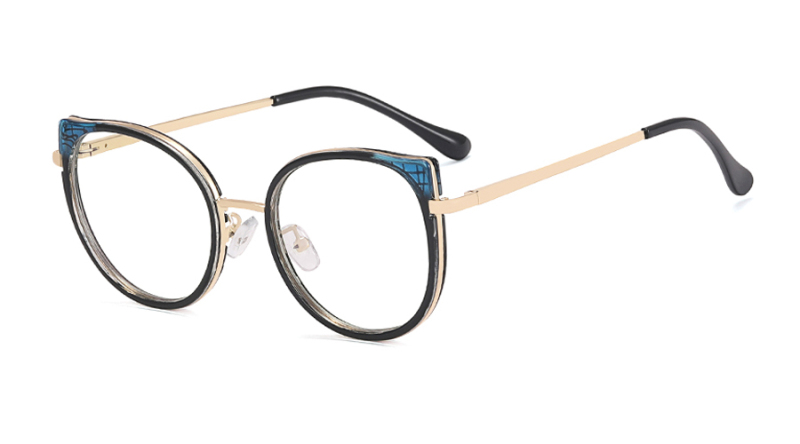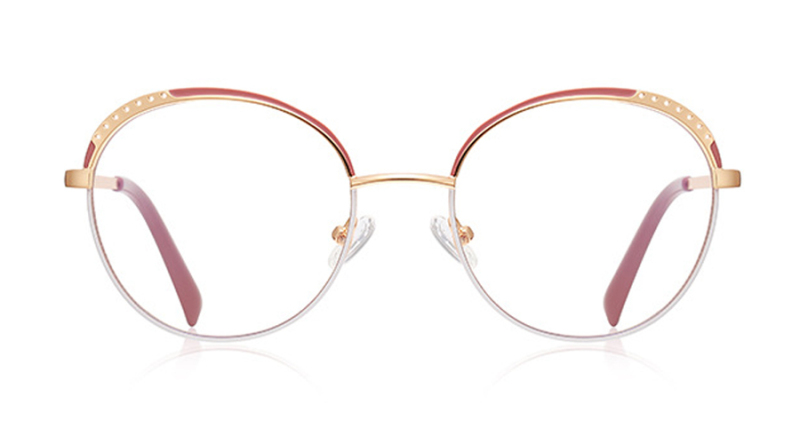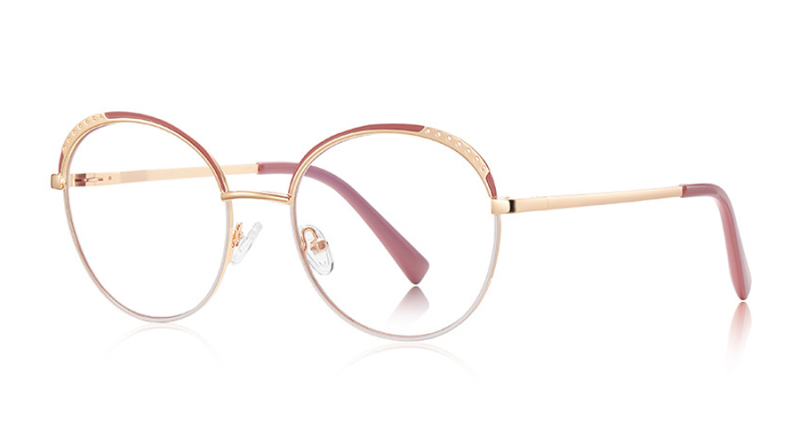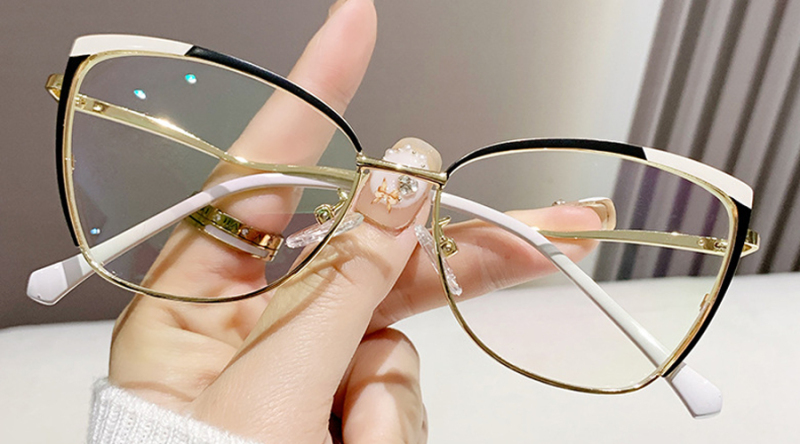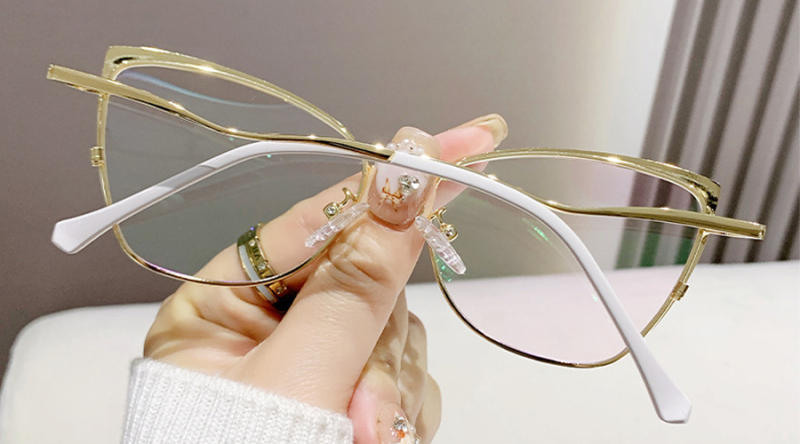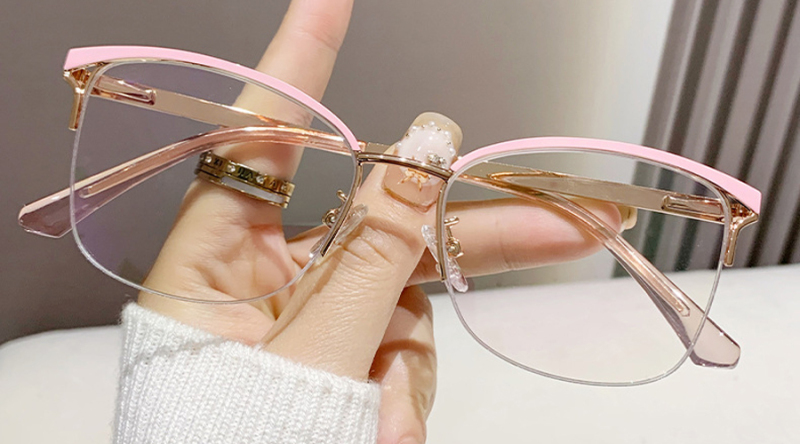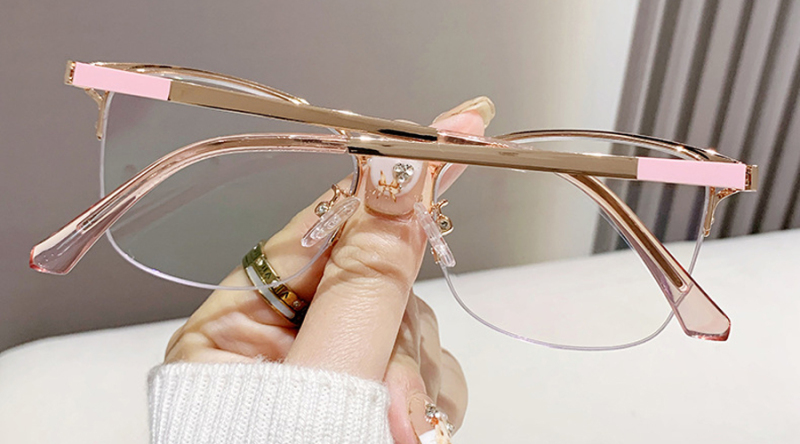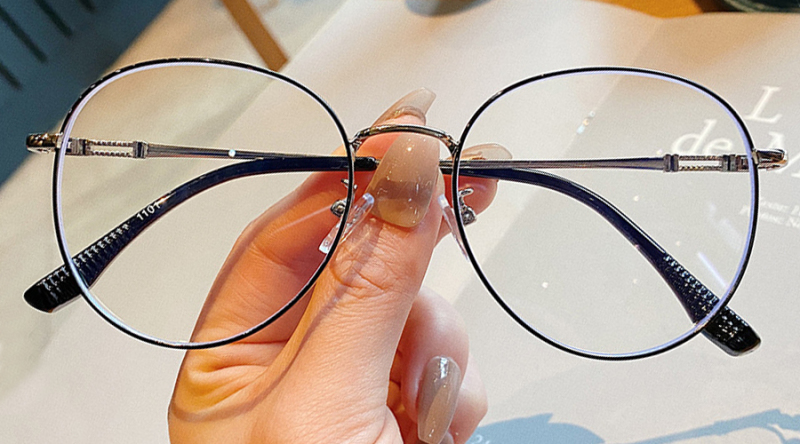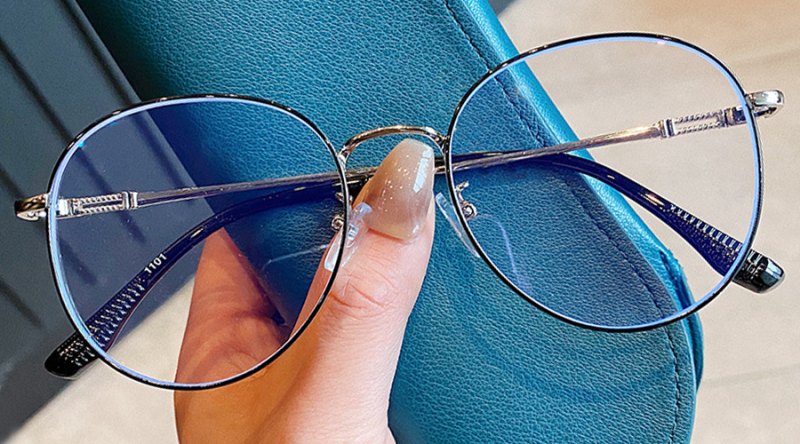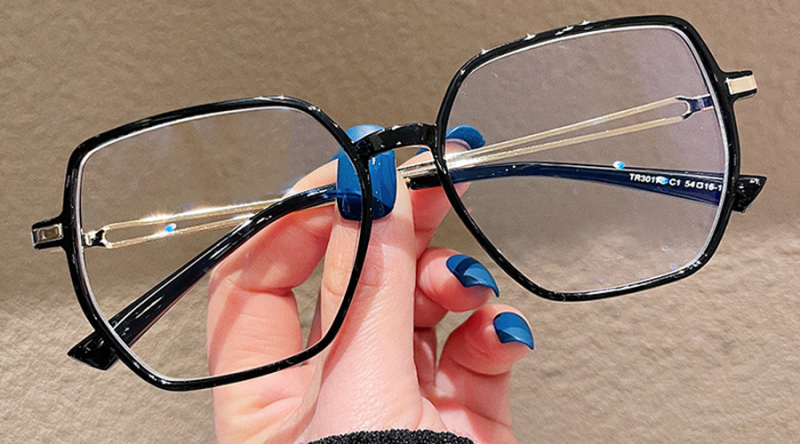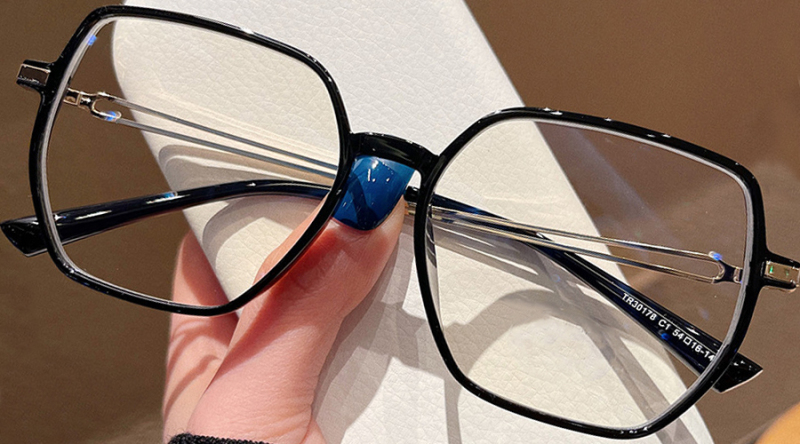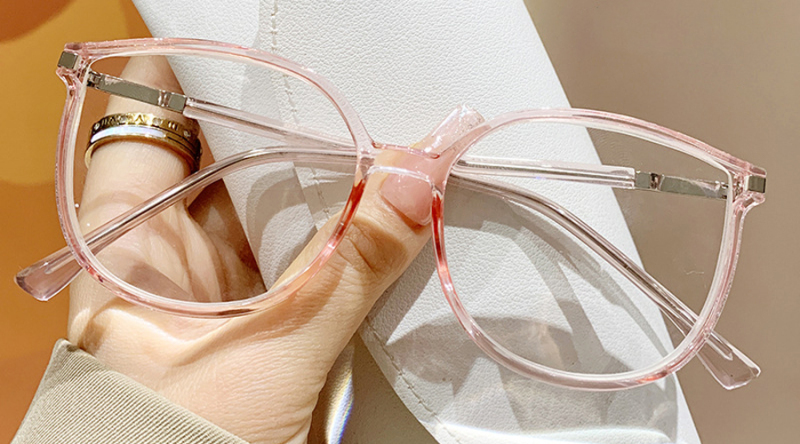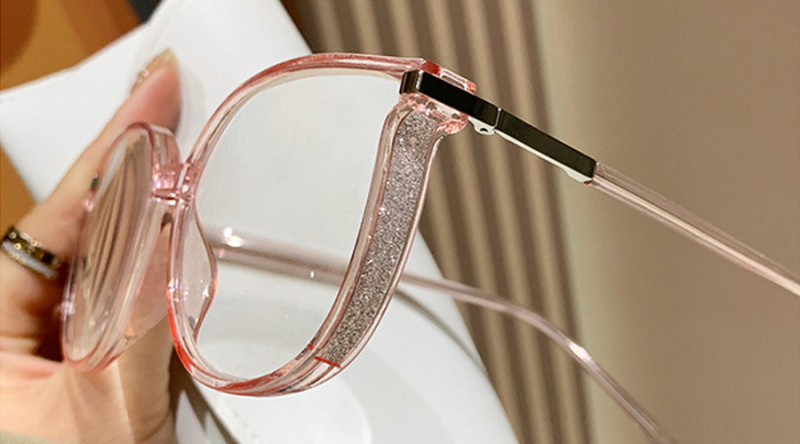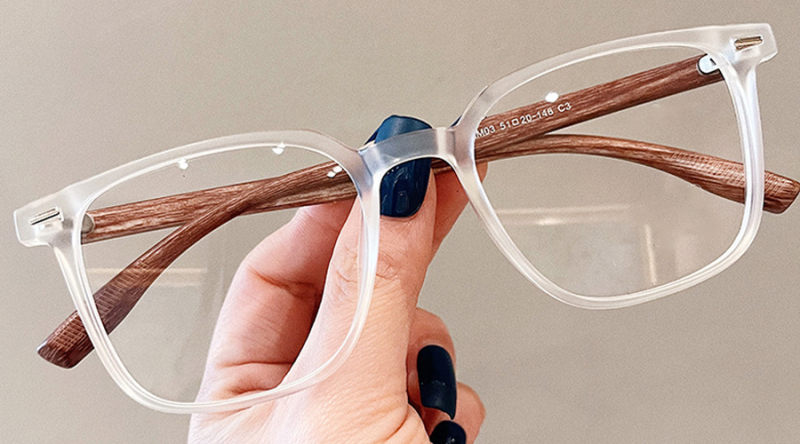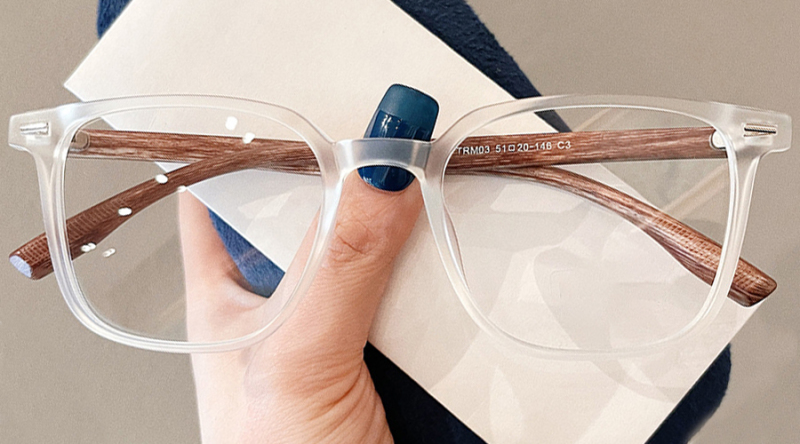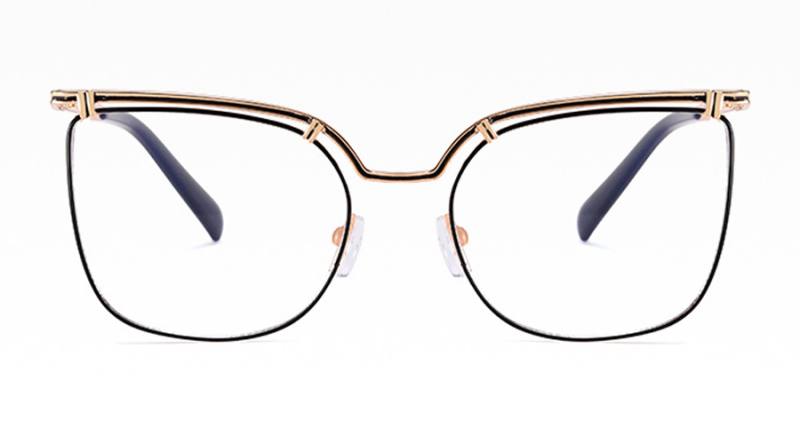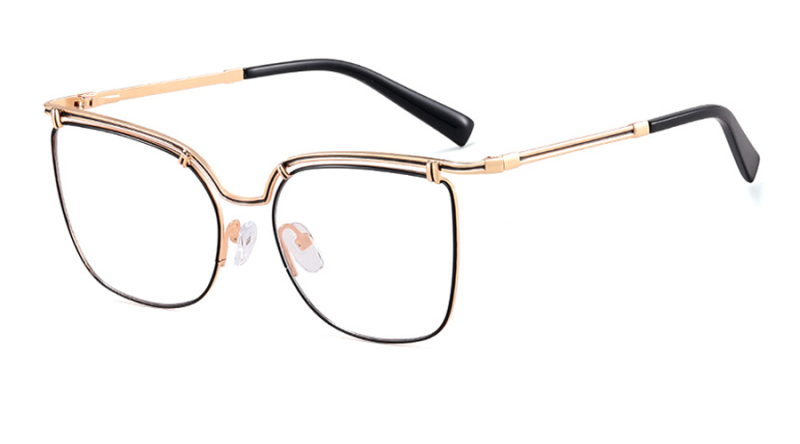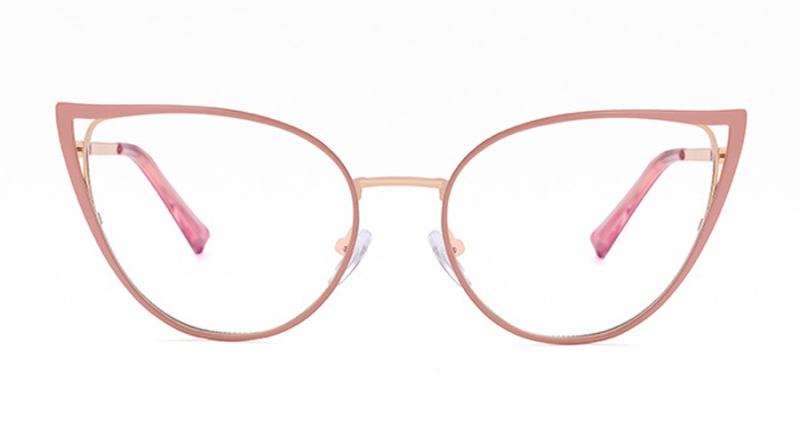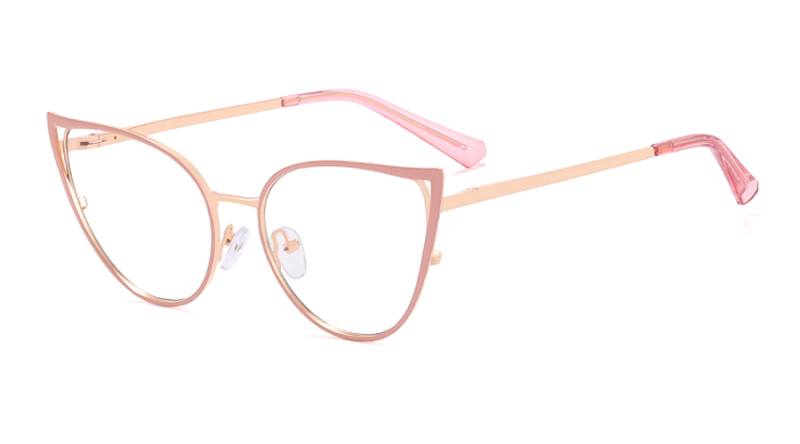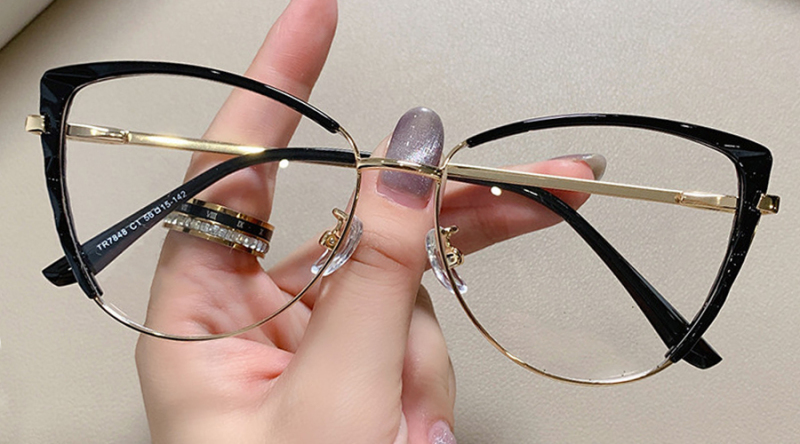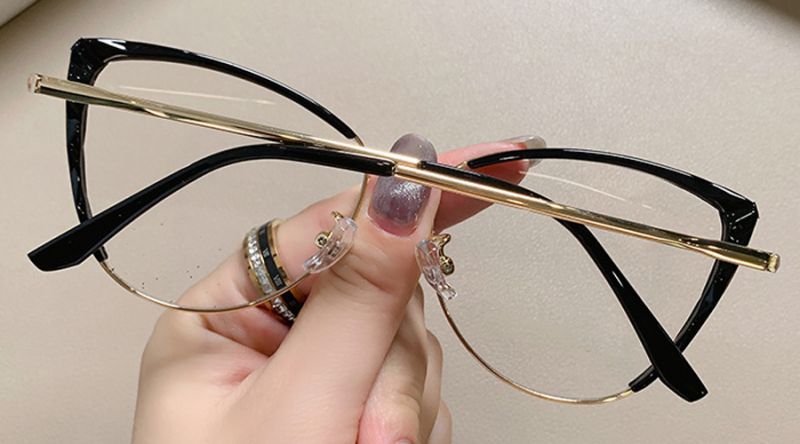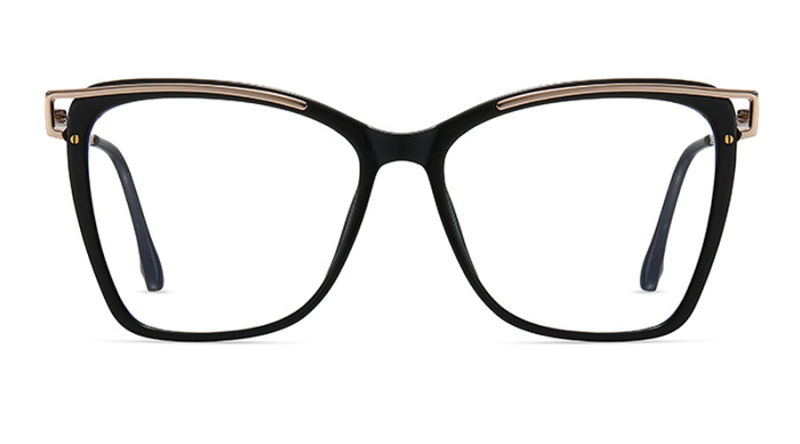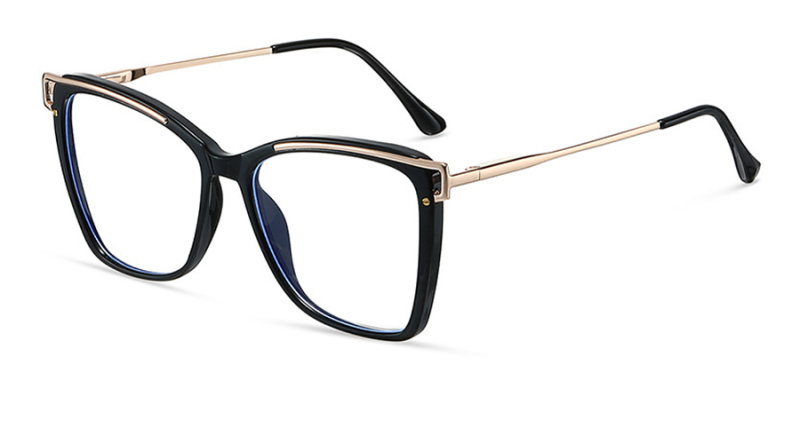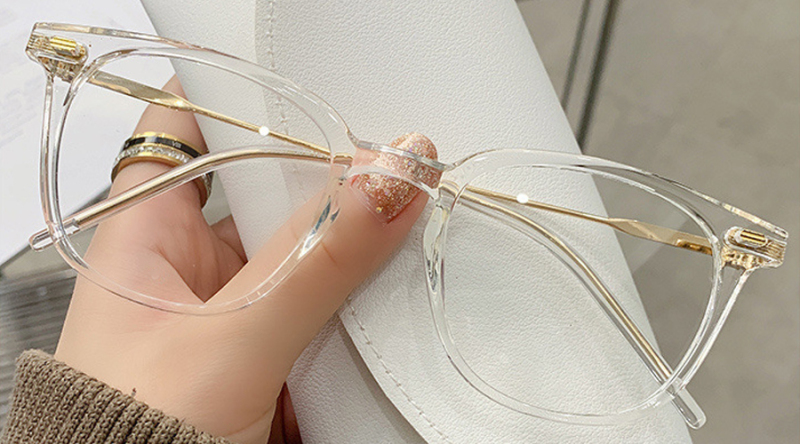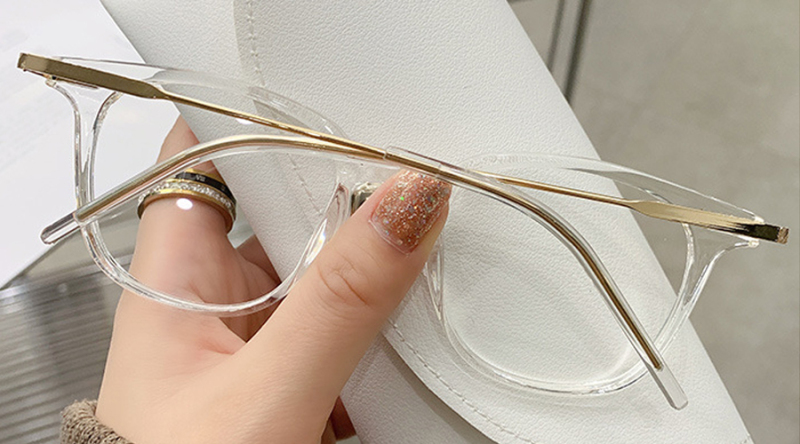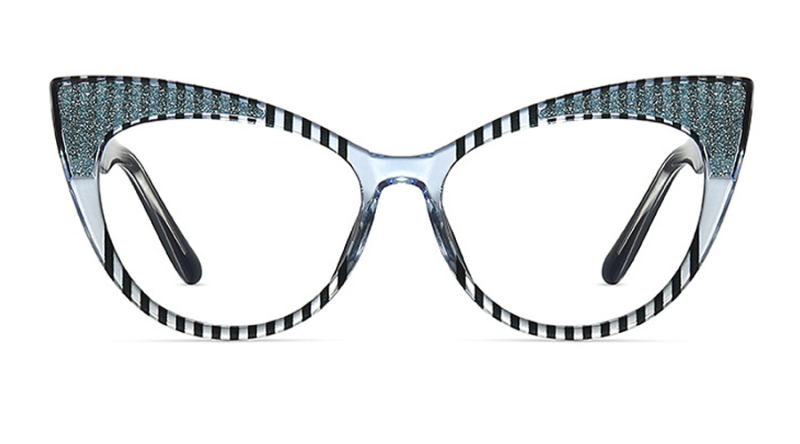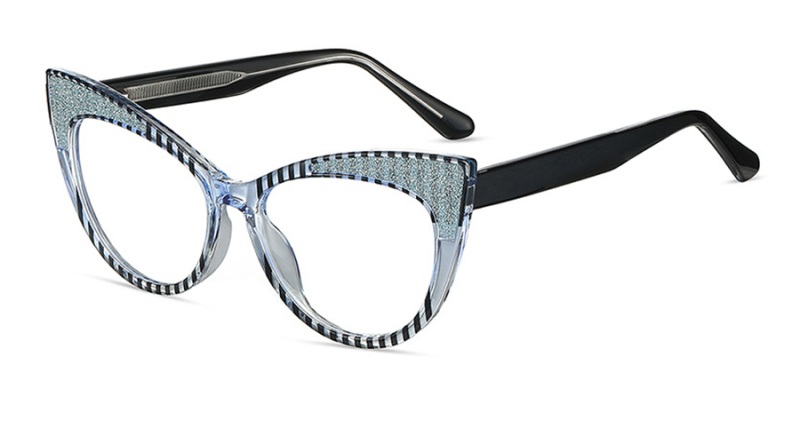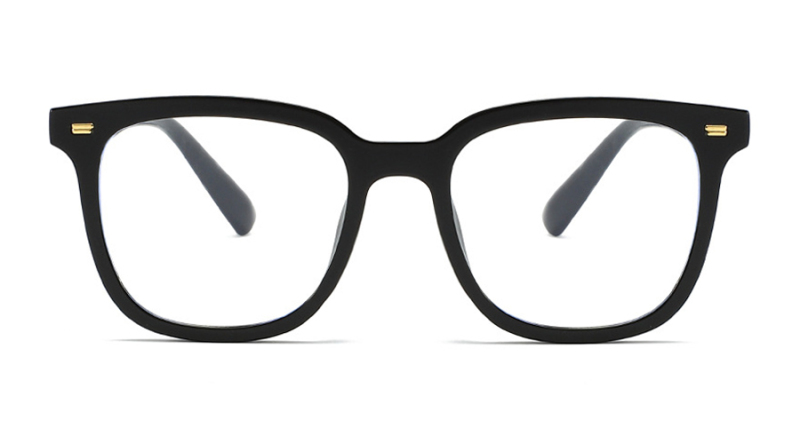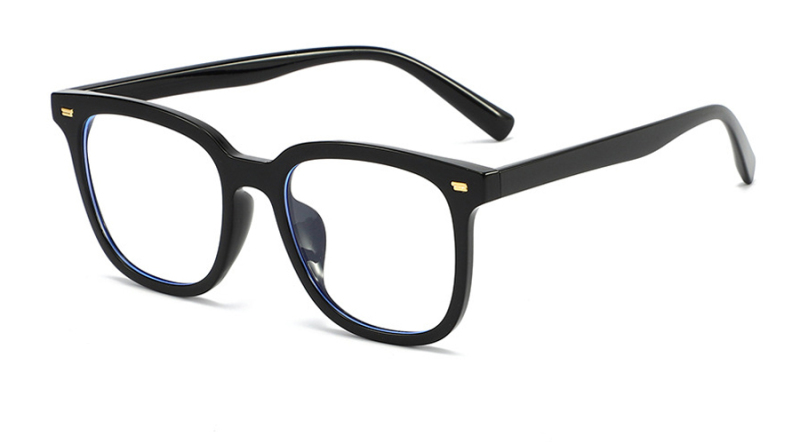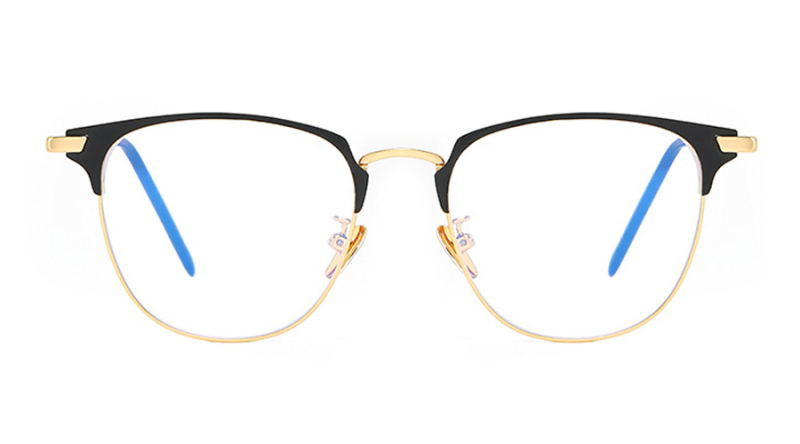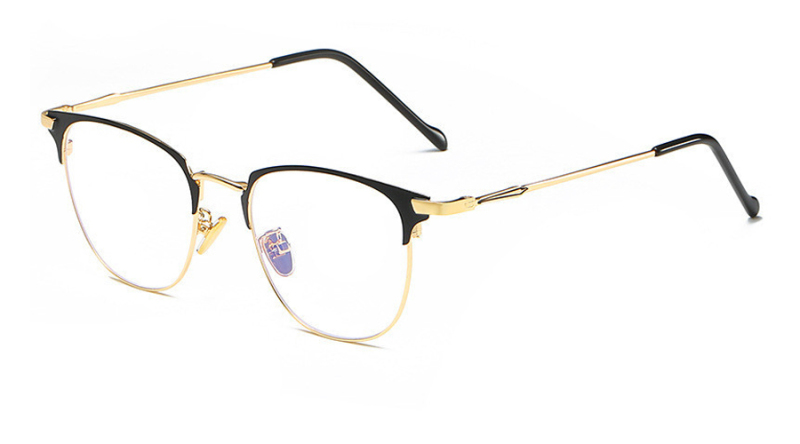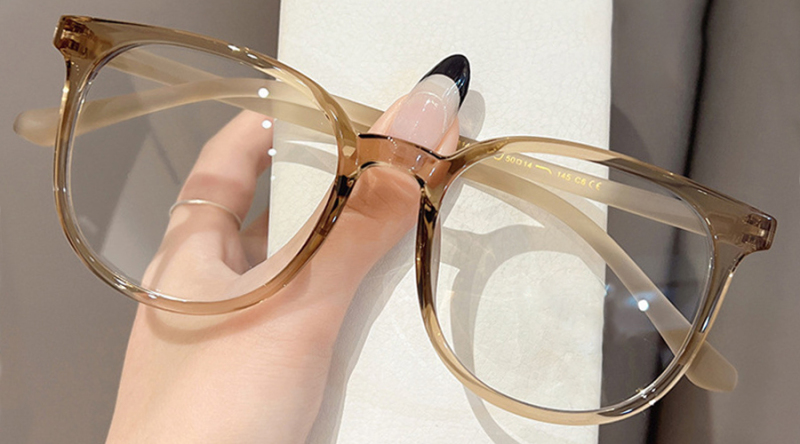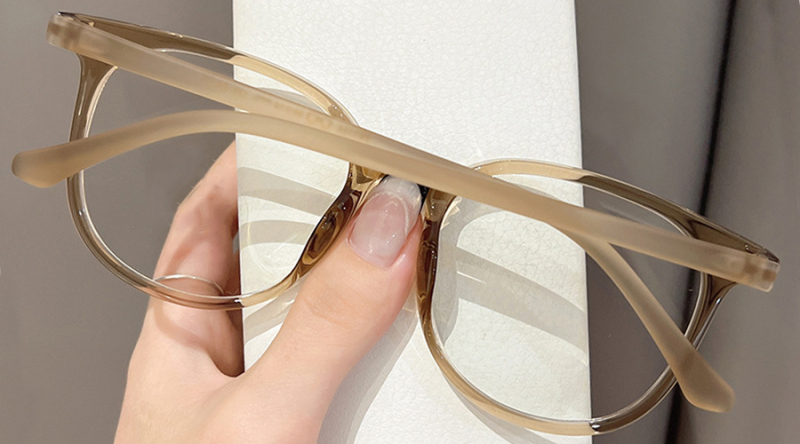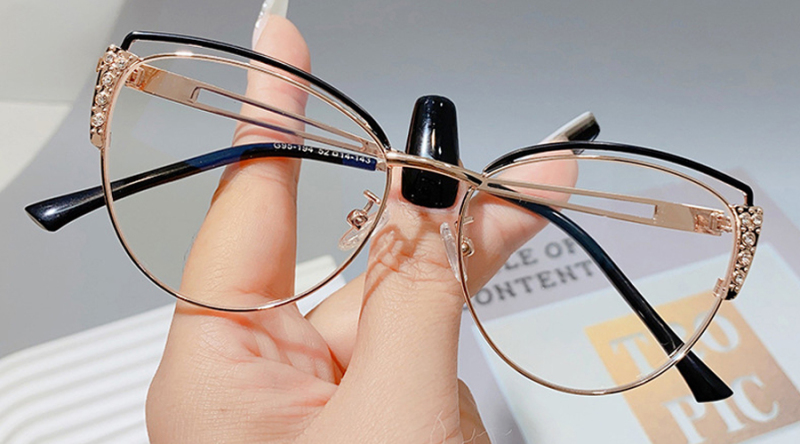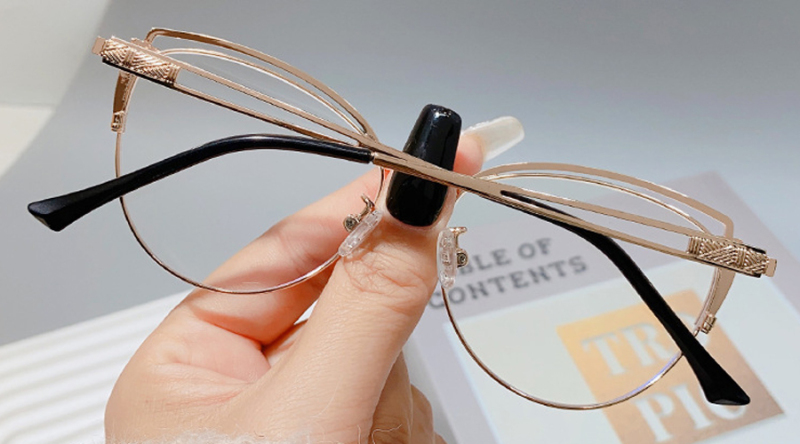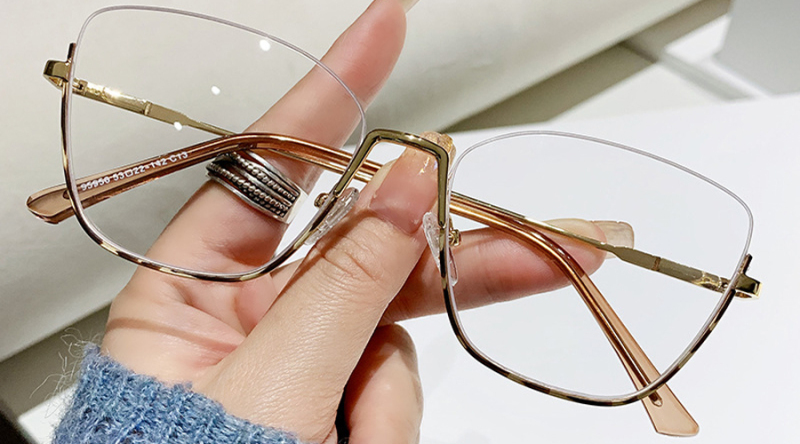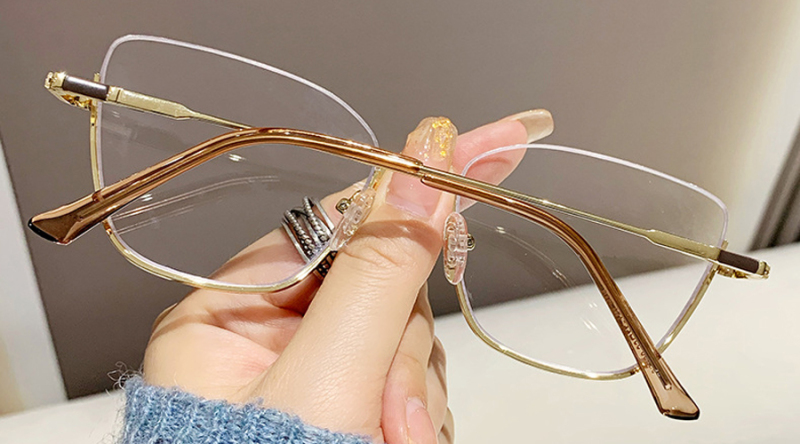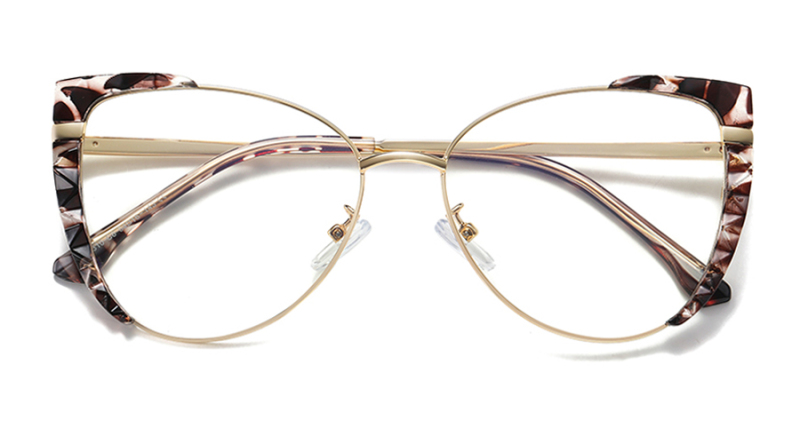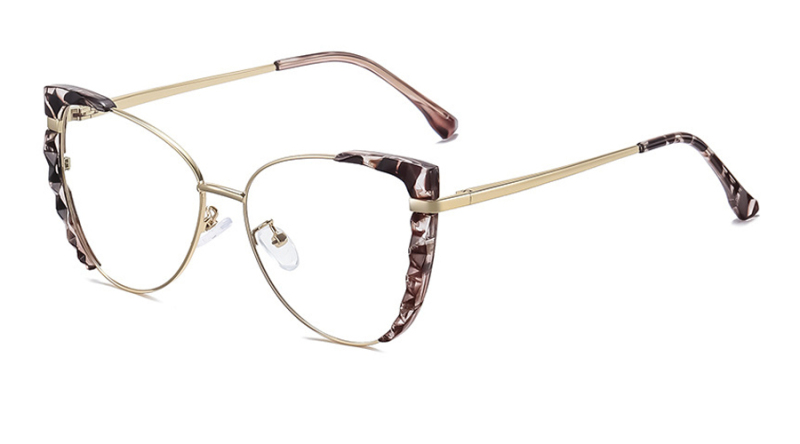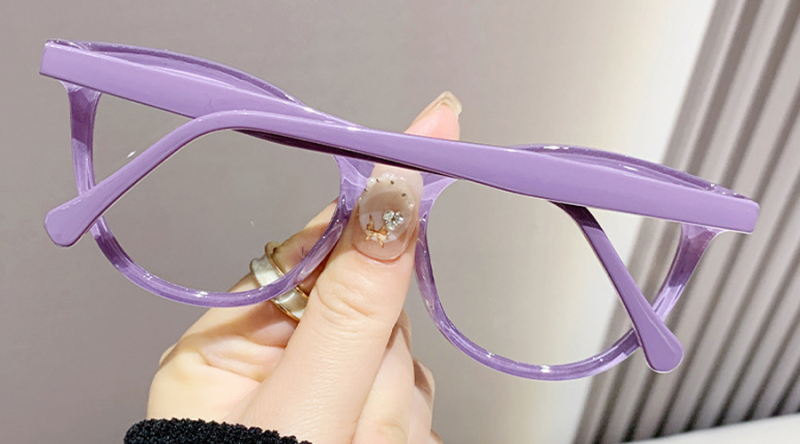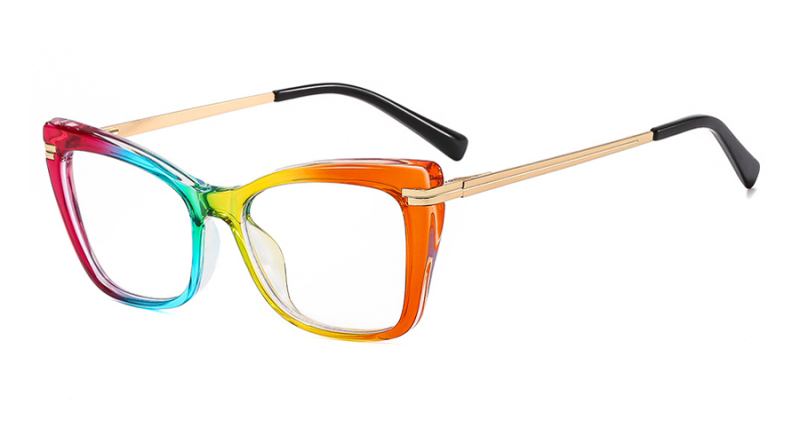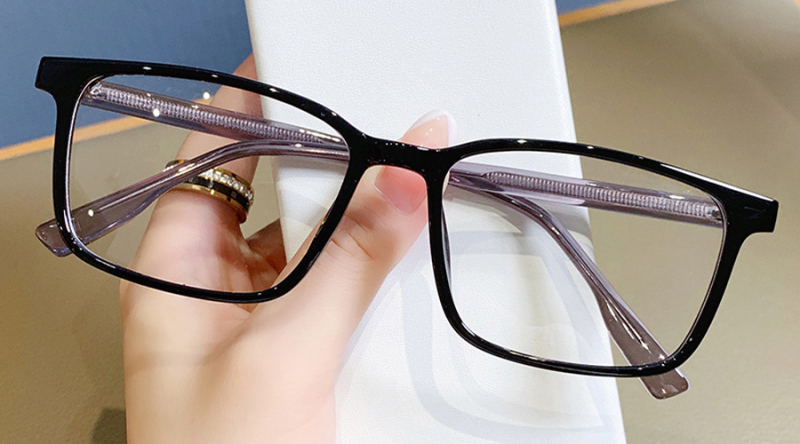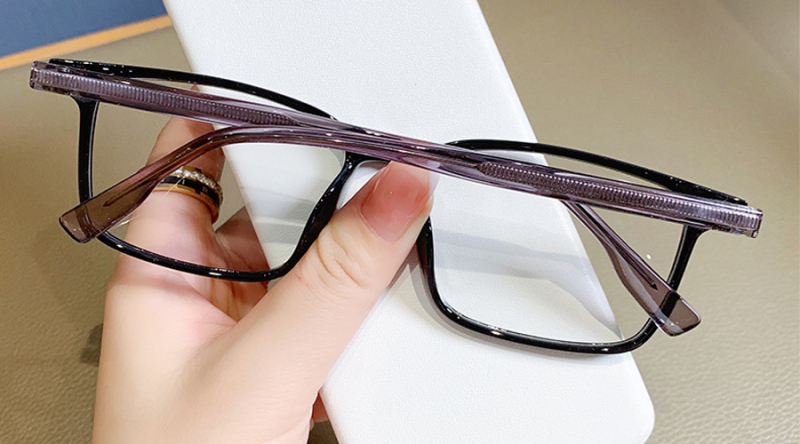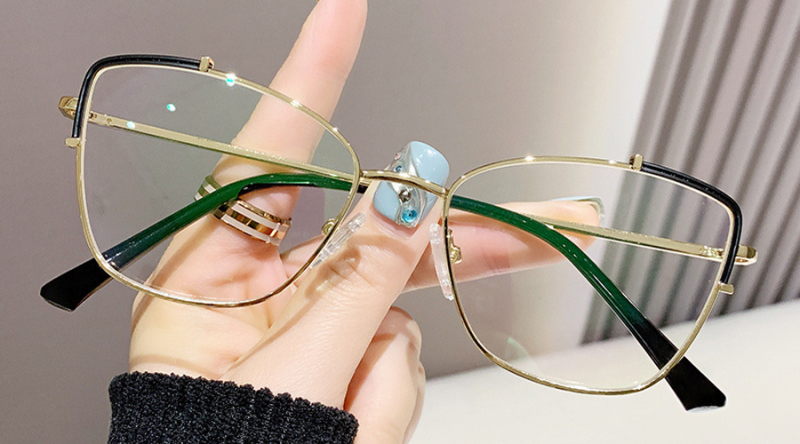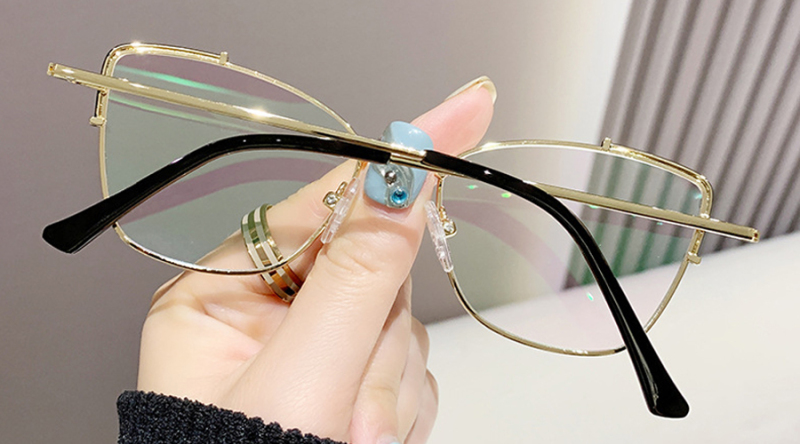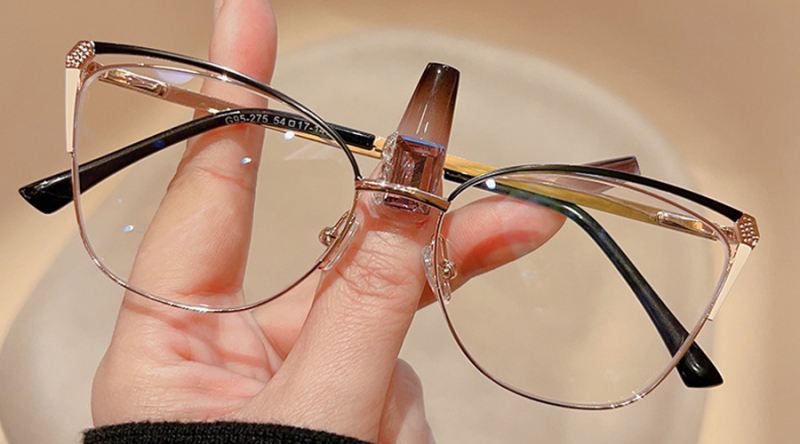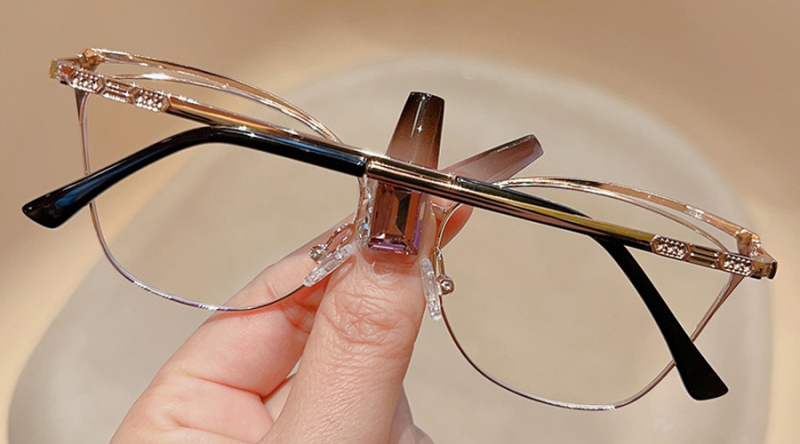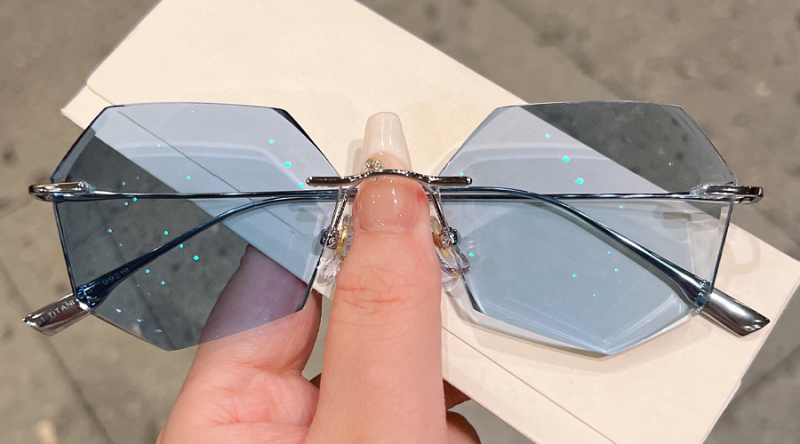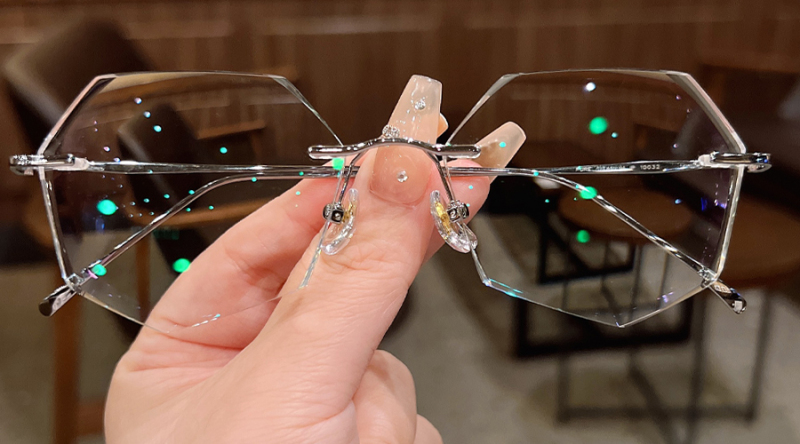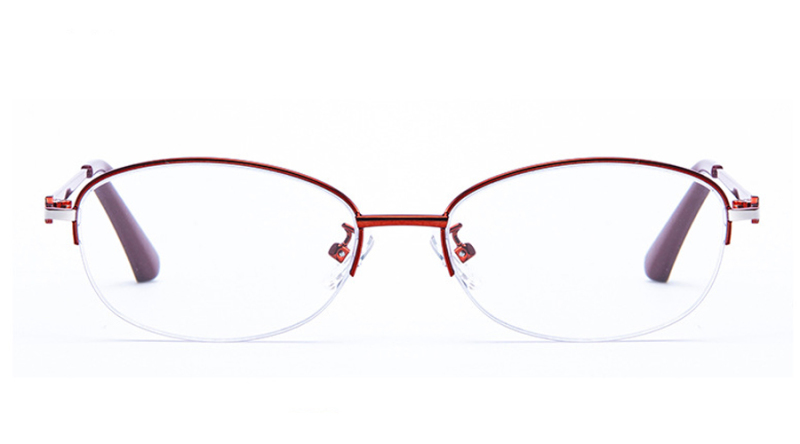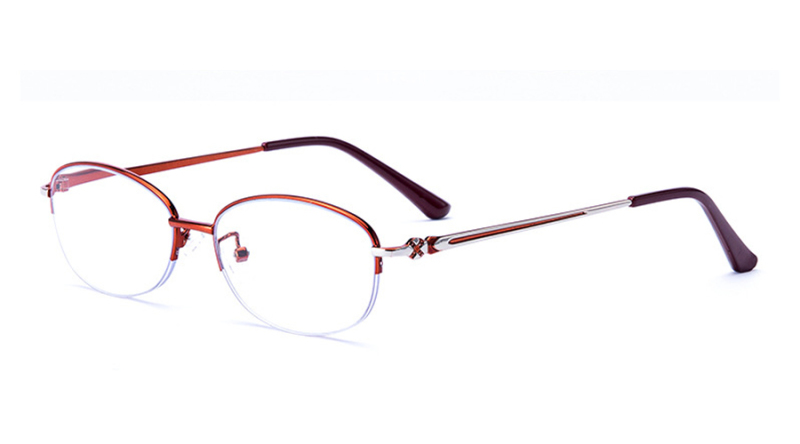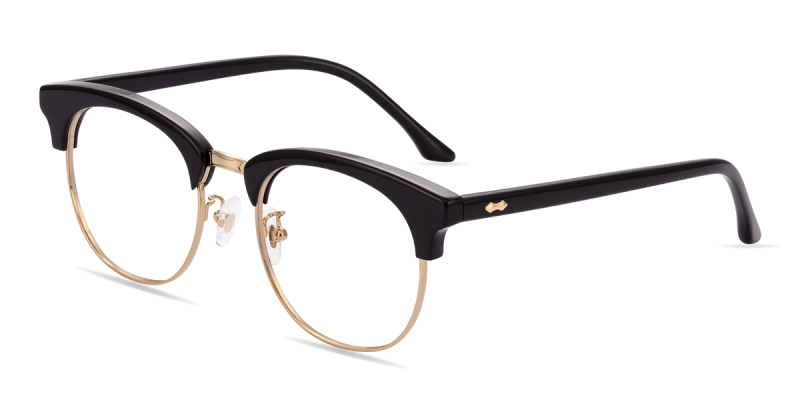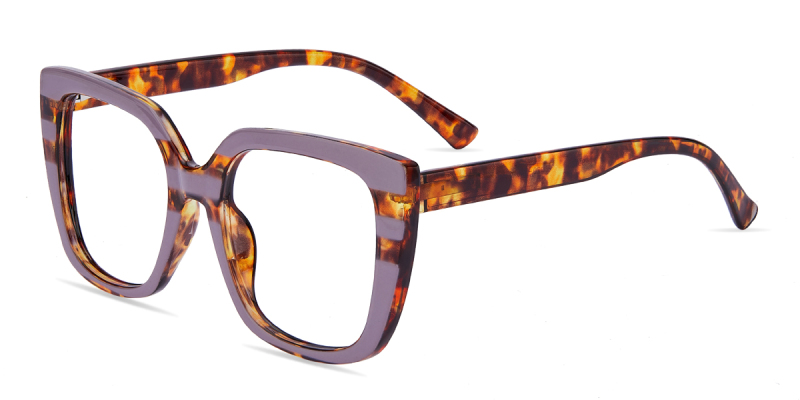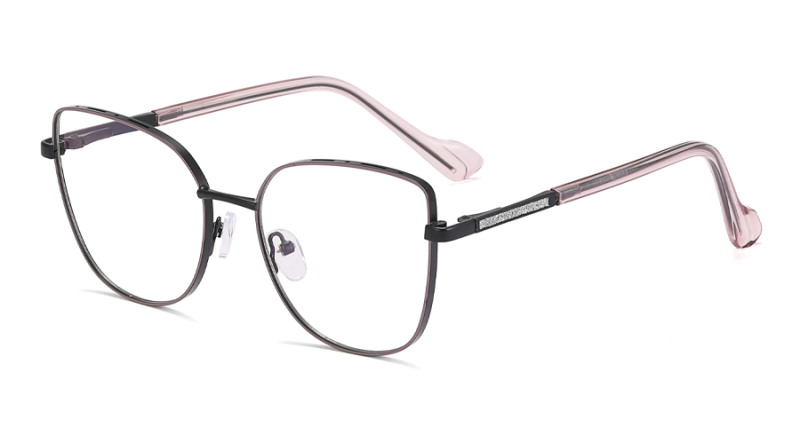Trying to Get Some Sleep
Another argument in favor of blue light glasses is that they help you sleep better at night. Researchers agree that blue light from LED devices like your smartphone or laptop holds back the body’s production of sleep-inducing melatonin.
A 2017 study done by the University of Houston found that participants wearing the glasses showed about a 58% increase in their nighttime melatonin levels. “By using blue blocking glasses we … can improve sleep and still continue to use our devices. That’s nice, because we can still be productive at night,” said Lisa Ostrin, PhD, a professor at the university’s College of Optometry, according to a university news release.
The American Academy of Ophthalmology takes a different approach. “You don’t need to spend extra money on blue light glasses to improve sleep -- simply decrease evening screen time and set devices to night mode,” the group says.
‘If It Helps, Who Cares?’
Sattler says she knows about the studies that say the glasses don’t do anything. “I’ve heard the naysayers,” she says. “It very well could be placebo, but if it helps, who cares?”
Cindy Tolbert of Atlanta had a variety of vision problems and spent an extra $140 at the eye doctor for blue light lens.
“It’s not terribly apparent that the glasses help when you’re wearing them, but I believe I can work longer and I know I can work more comfortably,” she says. “Usually my eyes poop out after 4 or 5 hours of computer work, but I can work longer with the glasses.”
Michael Clarke of San Diego says he doesn’t care what the experts say about blue light glasses. They work for him.
“I use them so often that I have a pair of blue light glasses around my neck all day,” he says. “I’m not an optometrist. I just know that my eyes don’t get as tired at the end of the day. My frequency of headaches has gone down. I’m able to focus on things easier on a screen.”
You can easily order prescription and nonprescription blue light glasses at the optometrist’s office or online.
Calls to optometry offices showed that adding blue light blocking to prescription glasses cost $40-$60 at LensCrafters and $47-$125 at Pearle Vision, with nonprescription blue light glasses starting around $99.
Zinff has a special Blokz line of blue light glasses that start at $16.95. At Warby Parker, you add blue light blocking at checkout for $50. Felix Gray blue light lenses start at $95.
Give Your Eyes a Break
If you’re worried about how computers and other blue light-emitting screens are affecting your eyes, you can find relief without special eyewear.
The American Academy of Ophthalmology, the Vision Council, and other vision-related organizations urge moderation in screen use. Most of them recommend adopting the 20-20-20 rule. That means that every 20 minutes you’ll look at an object at least 20 feet away for 20 seconds.
The American Academy of Ophthalmology also recommends taking these steps:
Adjust your seat, or the position of your computer, so your eyes are about 25 inches from the screen. Position the screen so you’re gazing slightly downward.
Use a matte screen filter on the screen to reduce glare.
Use artificial tears when your eyes feel dry.
Pay attention to the lighting in the room where you work. You might try increasing your screen contrast.
If you wear contact lenses, give your eyes a break by wearing glasses now and then.
Shop blue-light blocking glasses at zinff from $16.99 now.

